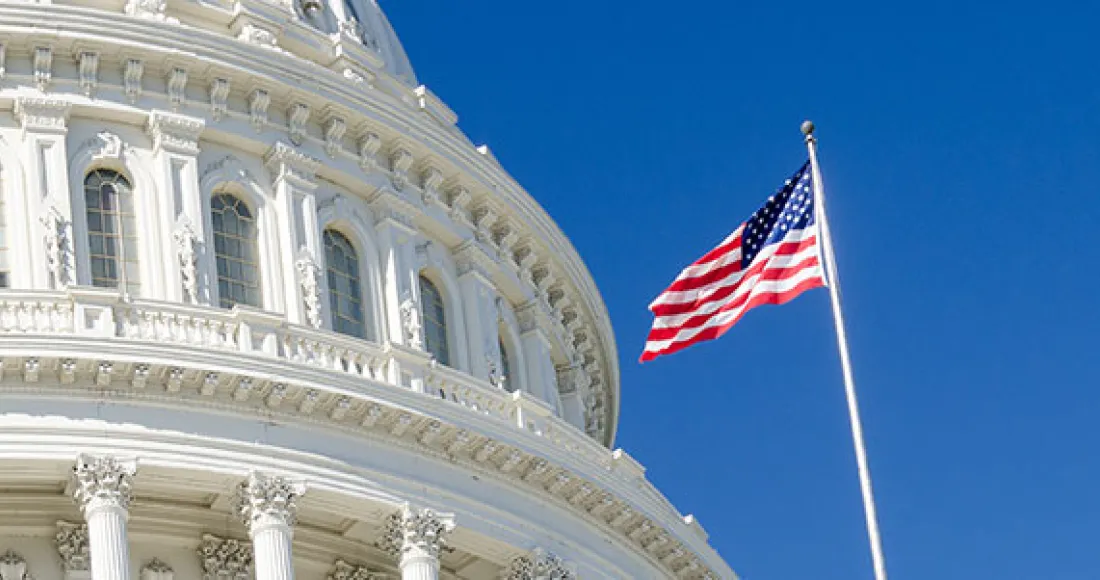
Passing bipartisan legislation can seem like a nearly miraculous feat even in the best of times. On November 30th, the House of Representatives managed to pass a major healthcare reform bill with an incredible vote of 392 to 26. The 21st Century Cures Act has garnered support across party lines for very good reasons, but no piece of legislation is perfect.
Despite strong bipartisan backing of the act, there have also been compelling concerns about its potential impact on patient safety and corporate accountability. The Cures Act promotes faster approval processes and looser regulations for medical devices and other treatments, which could compromise the safety of new medical products.
Critics of the bill, including Senators Elizabeth Warren and Bernie Sanders, have requested adjustments to discourage medical device companies from speeding product development at the expense of patient safety, and to prohibit drug companies from charging unreasonable prices.
FDA regulations and corporate transparency laws like the Sunshine Act exist to ensure the integrity of the products and treatments produced by Big Pharma. With looser regulations standing between the pharmaceutical industry and its profits, could there be long-term risks to our healthcare system?
Changing FDA Standards
There is no doubt that the Cures Act contains potentially life-saving strategies to address many of America’s public health challenges. One of the crucial developments proposed by the bill is $4.8 billion in funding for healthcare research, including cancer prevention and treatment, precision medicine, and neuroscience research.
$1 billion is allocated to fight the opioid crisis that has plagued communities all over the country. Already, many cities have taken measures to discourage overprescription of opioids, and the additional funding towards those efforts is much-needed.
Another $500 million will go to the FDA’s budget for mental healthcare programs, an often overlooked component of our country’s national and state healthcare programs.
While critics of the Cures Act recognize the importance of these initiatives, they are wary that some of the methods used to speed medical innovation could ultimately be detrimental to patients.
In addition to the funding it proposes, the bill will accelerate the approval process for medical devices and other pharmaceutical products. The FDA has long been maligned for its long and complicated approval processes, particularly by the pharmaceutical industry. Pharma has consistently lobbied for faster approval and looser regulations, usually under the guise of getting treatments to patients sooner.
Unfortunately, Big Pharma has a disturbing track record of cutting corners to the detriment of patients, so giving that industry even fewer checks and balances could be problematic. Certainly, a more efficient FDA approval process could save more patient lives, but simply removing the regulations intended to ensure product quality may do more harm than good.
LEARN MORE: PHARMACEUTICAL & FDA FRAUD
Research vs. Real World Evidence
At the crux of the Cure Act’s possible shortcomings is the possibility that, in the words of Senator Warren, “this funding is political cover for huge giveaways to giant drug companies.” If that were the case, it could compromise the integrity of public healthcare programs, and even divert the funding away from its intended purposes.
Big Pharma has thrown its considerable weight behind its support of this legislation. Lobbying is common practice in Washington, but it is notable that this particular bill drew nearly 1,500 lobbyists to the table.
Another major concern is the bill’s stipulation that instead of the current approval process, which involves randomized clinical trials and extensive research for drugs and devices, the FDA could rely on “real world evidence” to determine a product’s safety.
In addition, the bill rolls back progress in reporting requirements for pharmaceutical companies. The Sunshine Act passed several years ago requires companies contracted with federal healthcare programs to disclose the payments they make to doctors and hospitals, including any free meals or speaking fees. The Cures Act allows companies to conceal payments that may fall under the umbrella of “medical education.”
This could make it far easier for Big Pharma to go back to its golden days of bribing medical professionals to prescribe certain medications. Kickbacks are still at the root of many healthcare fraud cases today, so giving pharmaceutical companies another free pass to hide potentially unethical activities could be deeply harmful both to patients and to taxpayers.
Senator Chuck Grassley, one of the country’s most prominent anti-fraud advocates, has been vocal about the bill’s lack of transparency requirements.
Staying Alert
The 21st Century Cures Act is expected to be passed by the Senate and brought before the president next week. Though it will be a celebratory moment in terms of bipartisan cooperation and medical innovation, it is important for transparency and anti-fraud advocates to remain vigilant.
The pharmaceutical and medical device industries are looking out, first and foremost, for profits. It’s up to the American public and diligent lawmakers to make sure that legislative changes related to our healthcare system actually benefit patients.

